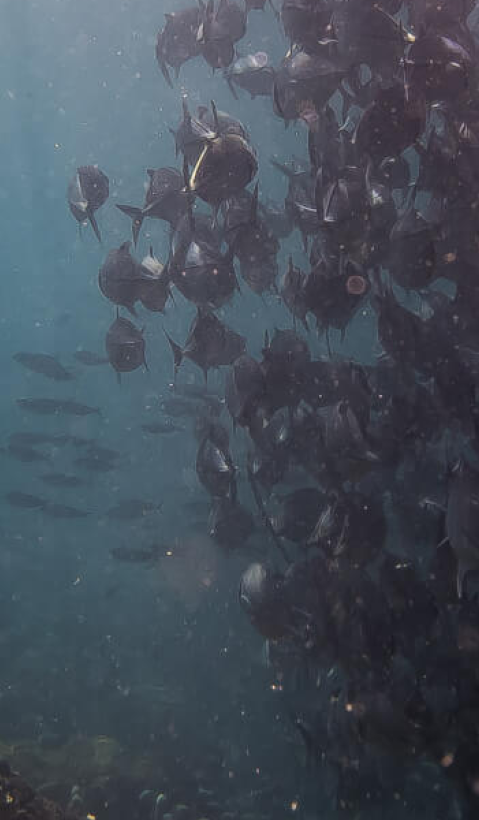
At SEED, we are committed to a green and inclusive economy where small and growing enterprises are drivers of eco-inclusive change. Such enterprises contribute to sustainable development, employment, poverty reduction and other SDGs. Eco-inclusive businesses possess a transformative power to lead climate action and the transition to a more circular economy.
Small and growing enterprises are the backbone of the global economy, and generate the majority of permanent, full-time employment in developing countries and emerging markets. The enterprises that we empower through our SEED programmes not only stimulate economic growth through the provision of innovative goods and services. They are ideally located within communities to generate lasting social and economic opportunities, especially for marginalised people. They employ low-income or vulnerable populations, including women and youth, or incorporate these populations in their value chains as suppliers, distributors and consumers. They combat environmental degradation and pioneer business models based on environmentally responsible products, services and value chains.
We invite you to read our perspectives on core topics, and join us in supporting eco-inclusive entrepreneurship.

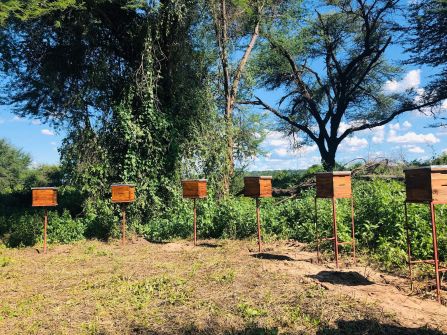
Biodiversity based Entrepreneurship
To amplify the impacts of smaller actors in the conversation of biodiversity, SEED supports a number of enterprises that work on ecosystem protection, fortifies their innovations, and helps them to replicate or scale these across contexts.

Climate Change Adaptation


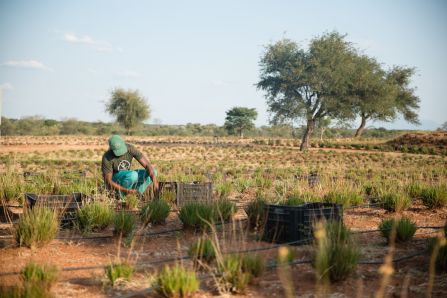
Green Finance

Circular Economy
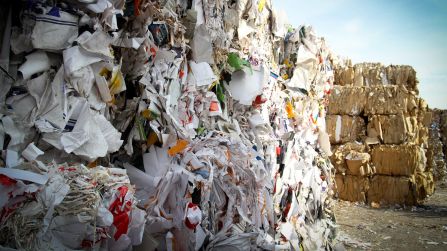

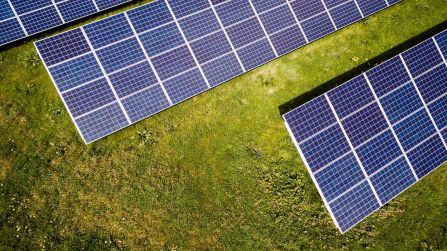
Climate Action

Sustainable Development Goals


